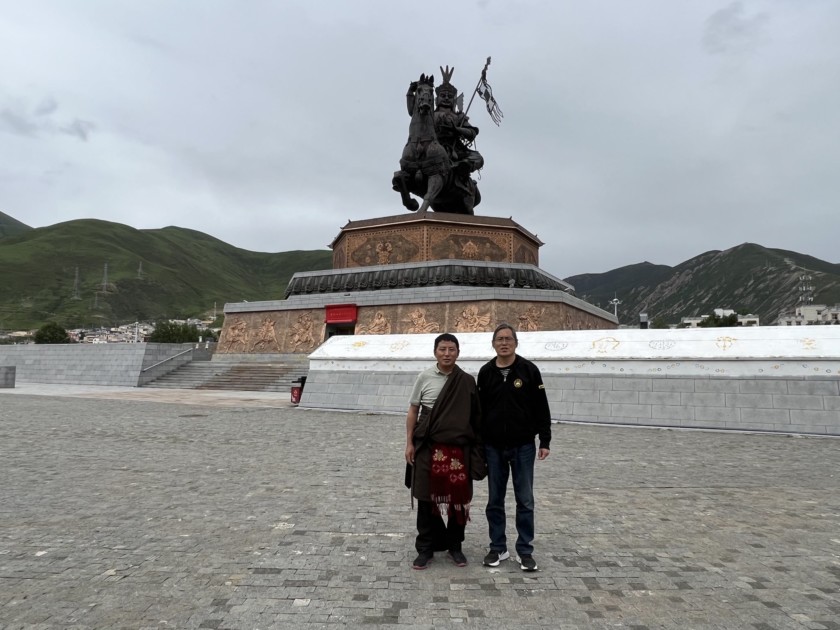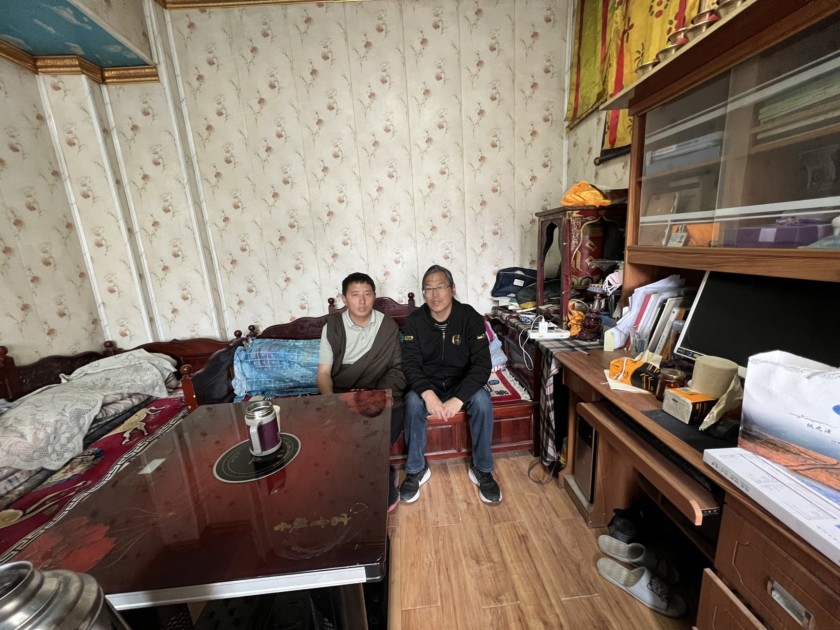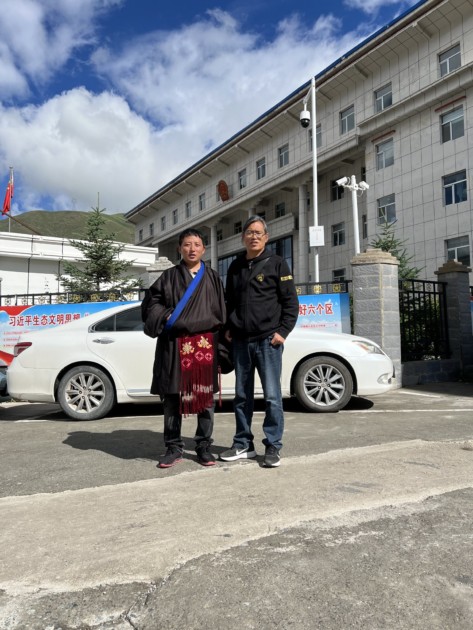Chinese authorities are systematically removing from its publicly accessible databases records of court verdicts involving Tibetans convicted of engaging in the vaguely worded and broadly defined crimes of “endangering state security”.
Recent information received by TCHRD confirms that such records are not only made inaccessible for cases in the Tibet Autonomous Region (TAR) but also in other Tibetan areas outside TAR. This means that an unknown number of Tibetans are tried and sentenced in secret with no official acknowledgment or information about their imprisonment.
The court verdict of the Tibetan language activist Tashi Wangchuk, who was released in January 2021 after serving five years imprisonment on the trumped-up charge of “inciting separatism”, cannot be found on China’s national database of court verdicts. Equally concerning is the fact that the persecuted activist was not given a copy of his verdict upon his release from prison.
Mr Wangchuk was arbitrarily detained on 27 January 2016 after a New York Times documentary reported on his efforts to file a lawsuit against local Chinese authorities for their failure to protect and promote Tibetan culture and language. He had been in pretrial detention for about two years subjected to torture and beatings in Kyedgudo (Ch: Yushu) Tibetan Autonomous Prefecture, Qinghai Province, in the Tibetan province of Kham.

Tashi Wangchuk and Lin Qilei in front of Gesar Square, Kyegudo town, Yulshul (Ch: Yushu) Tibetan Autonomous Prefecture (TAP), Qinghai Province, on their first day of meeting.
On 20 July 2023, Lin Qilei posted an update on his Twitter account, “On 4 July 2023, while passing through Yushu, I made a stop and initiated contact with Tashi Wangchuk, who had previously undergone a five-year prison sentence and has been released for two years. Throughout his incarceration, he was subjected to restrictions, preventing him from consulting with any legal representatives, and prior to his release, he received a warning against engaging with any lawyers. Additionally (after release), he was informed of the requirement to seek permission before travelling anywhere outside his hometown. My original purpose was to visit Yushu and enjoy its scenery in his company. However, after being contacted by the local police station, I reached out to him, and despite his willingness to communicate, he displayed hesitancy and refrained from speaking. Consequently, I learned that he was forbidden from meeting me.”
Based on the information received by TCHRD, on the second day of their planned meeting, Tashi received a call from the local police due to which he was unable to see Lin again on the second day as initially intended, despite Tashi’s desire and insistence to bid farewell to Lin before his departure.

It has also emerged that Tashi was denied the opportunity to take leave and perform the final rites or visit his home after the passing of both his parents while he was in prison. The small town of Yushu also appears to be gripped by fear, with people choosing to ostracise Tashi.

It is common for Chinese authorities in the TAR to bar access to records of cases involving alleged violations of the deeply concerning State Security Law that relies on broad and vague language to announce that the Chinese Party-state will confront and fight-back against any perceived threat to its authority.
In July 2021, the Human Rights Watch reported that the verdicts against four Tibetan monks on suspected state security charges could not be found on the national database. In September 2020, the four monks from Tengdro Monastery in Shigatse (Ch: Xigaze) City in TAR namely Choegyal Wangpo, Lobsang Jinpa, Norbu Dondrub and Ngawang Yeshe received heavy prison terms of 20, 19, 17 and five years respectively.
Human Rights Watch further noted that no publicly accessible court records and court videos included the cases of Tibetans tried or convicted on alleged state security charges. It was also common for Chinese state media not to report on such cases in the TAR.
“Chinese authorities are engaging in this despicable practice of purging the national database to erase evidence of its repression. But the Chinese Party-state must know that the international community including individuals and organisations will continue bearing witness to the systematic suppression and persecution of Tibetan human rights defenders such as Tashi Wangchuk,” said Ms Tenzin Dawa, executive director of TCHRD.
“The widespread invisibilisation of Tibetan prisoners of conscience from official records is a clear indication that Chinese authorities are silencing Tibetan voices and crushing legitimate dissent without following due legal process. We urge the international community to hold China accountable for its gross human rights violations and attempts to hide such violations.”
